The Prime Minister requested that people absolutely not be allowed to go hungry, cold, or sick due to cold without access to medical services. Synchronously deploy measures to prevent and combat cold and epidemics to protect crops and livestock, especially cattle, poultry, and aquatic products, and reduce damage to agricultural production.
Prime Minister Pham Minh Chinh has just signed Official Dispatch No. 11 requesting ministries, branches and localities to proactively respond to the prolonged cold spell.
Accordingly, since the morning of February 7, strong cold air has affected the Northeast region and some places in the Northwest and North Central regions. According to the National Center for Hydro-Meteorological Forecasting, cold air will continue to affect other places in the Northwest, North and Central Central regions, then affect some places in the South Central region. The North will have severe cold, with the possibility of snow and frost in mountainous areas; the North Central region will have severe cold; the area from Quang Binh to Hue will have cold, with some places experiencing severe cold.
The widespread cold spell in the North and North Central regions may last until February 10, potentially affecting livestock and poultry; greatly affecting the growth and development of crops; strong winds and large waves at sea may affect the operation of ships and other activities; thunderstorms, lightning and strong gusts of wind are likely to occur.
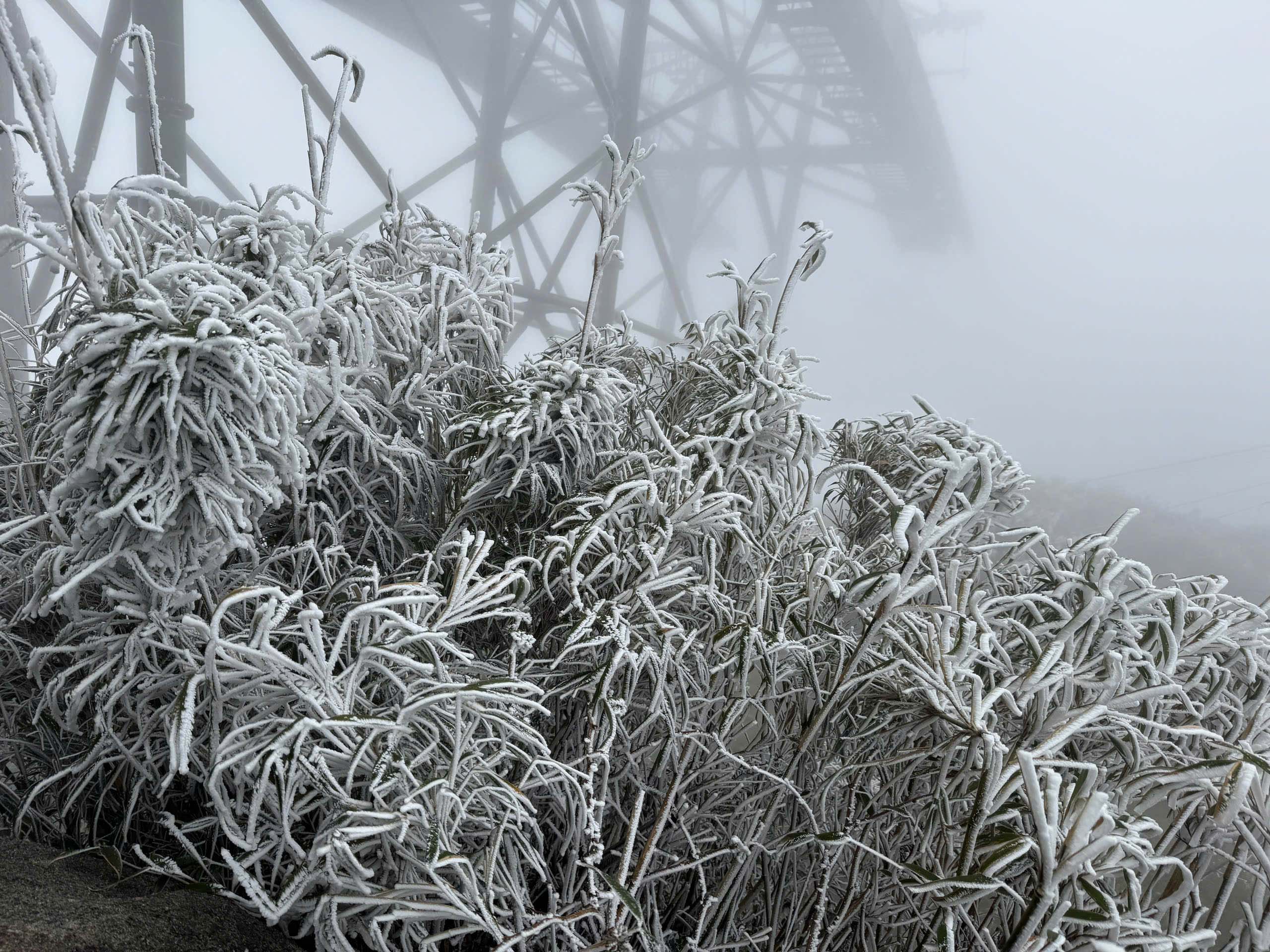
On the afternoon of January 26, 2025 (the 27th day of Tet), the temperature at the top of Fansipan (Lao Cai) was only about -2 degrees Celsius, with heavy snow covering the paths.
To proactively respond to the prolonged cold spell, protect people's health, and limit damage to production and business, especially agricultural production, the Prime Minister requests the Chairmen of the People's Committees of provinces and centrally run cities from Thua Thien Hue onwards to continue to seriously, resolutely, and effectively implement the work of preventing and combating cold spells according to the direction of the Prime Minister in Official Dispatch No. 07 dated January 26, 2025 and the direction and guidance of the Ministry of Agriculture and Rural Development and the Ministry of Health.
Focus on disseminating, popularizing, and instructing people on safe and effective measures and skills to prevent and combat cold; Organize to review and promptly support food, necessities, provide medicine, medical examination and treatment for people, paying special attention to the elderly, children, homeless people and other vulnerable groups. Absolutely do not let people go hungry, cold, or sick due to cold without access to medical services; Synchronously deploy measures to prevent and combat cold and epidemics to protect crops and livestock, especially livestock, poultry, and aquatic products, and reduce damage to agricultural production.
The Ministry of Agriculture and Rural Development closely monitors weather developments, proactively directs natural disaster prevention and control, guides localities to implement measures to prevent and combat cold and epidemics to protect agricultural production, especially livestock, poultry and aquatic products; directs appropriate winter-spring crop production plans to limit damage to agricultural production.
The Ministry of Health directs, disseminates, guides and recommends people to implement safe and effective measures to prevent and combat cold, ensuring people's health; directs grassroots medical forces to ensure medical examination and treatment for people, especially during days of severe cold.
The Ministry of Natural Resources and Environment directs monitoring, forecasting, and timely provision of information on weather conditions so that people can proactively take response measures.
According to the National Center for Hydro-Meteorological Forecasting, early on February 8, cold air affected most of the Central Central region. In the Gulf of Tonkin, there were strong northeast winds of level 6-7, gusting to level 8. In the North, the weather was very cold; in the North Central region, it turned very cold; in the area from Quang Binh to Hue, it turned very cold, with some places very cold. The lowest temperature during this cold air mass in the North was generally 9-12 degrees, in mountainous areas 5-8 degrees, in high mountainous areas below 3 degrees in some places; in the North Central region, it was generally 11-14 degrees, in the area from Quang Binh to Hue, it was generally 14-16 degrees.
Hanoi area is very cold. The lowest temperature in this cold air mass is commonly 10-12 degrees.
Source: https://danviet.vn/mien-bac-co-noi-nhet-do-xuong-duoi-3-do-c-thu-tuong-chi-dao-nong-cho-nganh-nong-nghiep-y-te-20250208072439059.htm


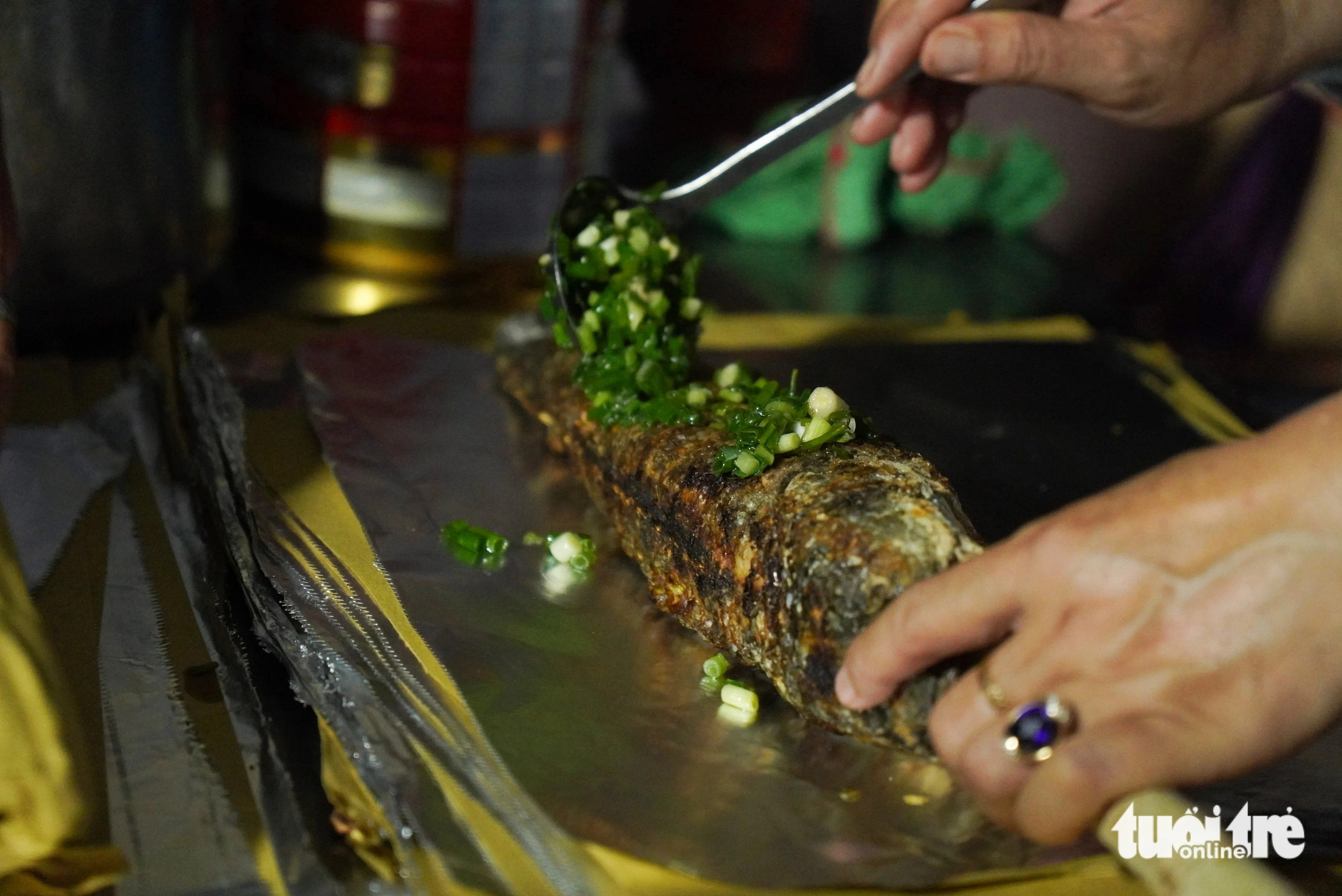



























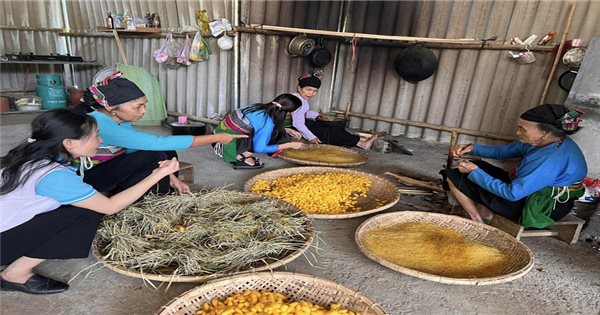

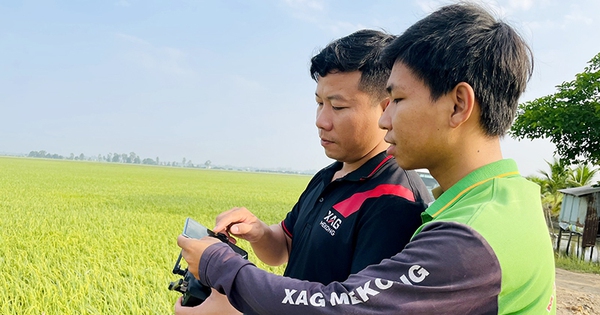
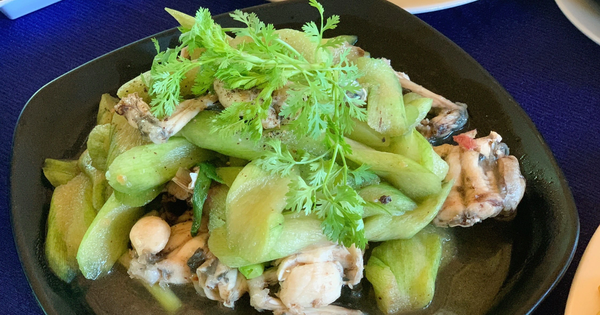
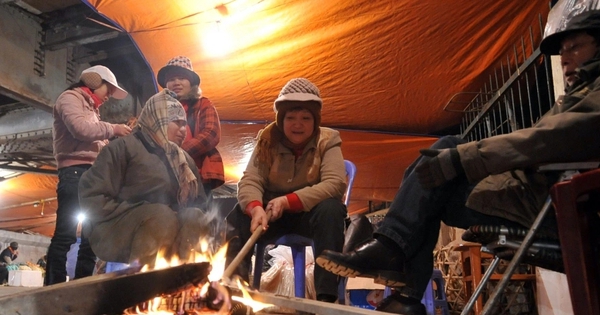
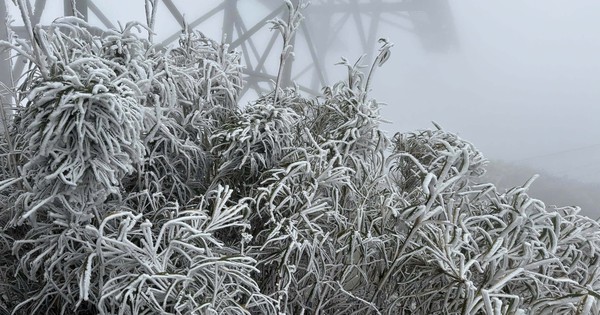
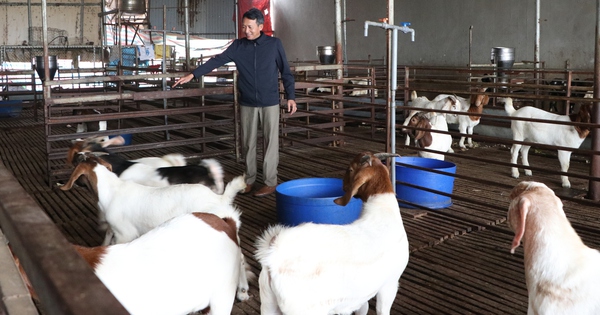




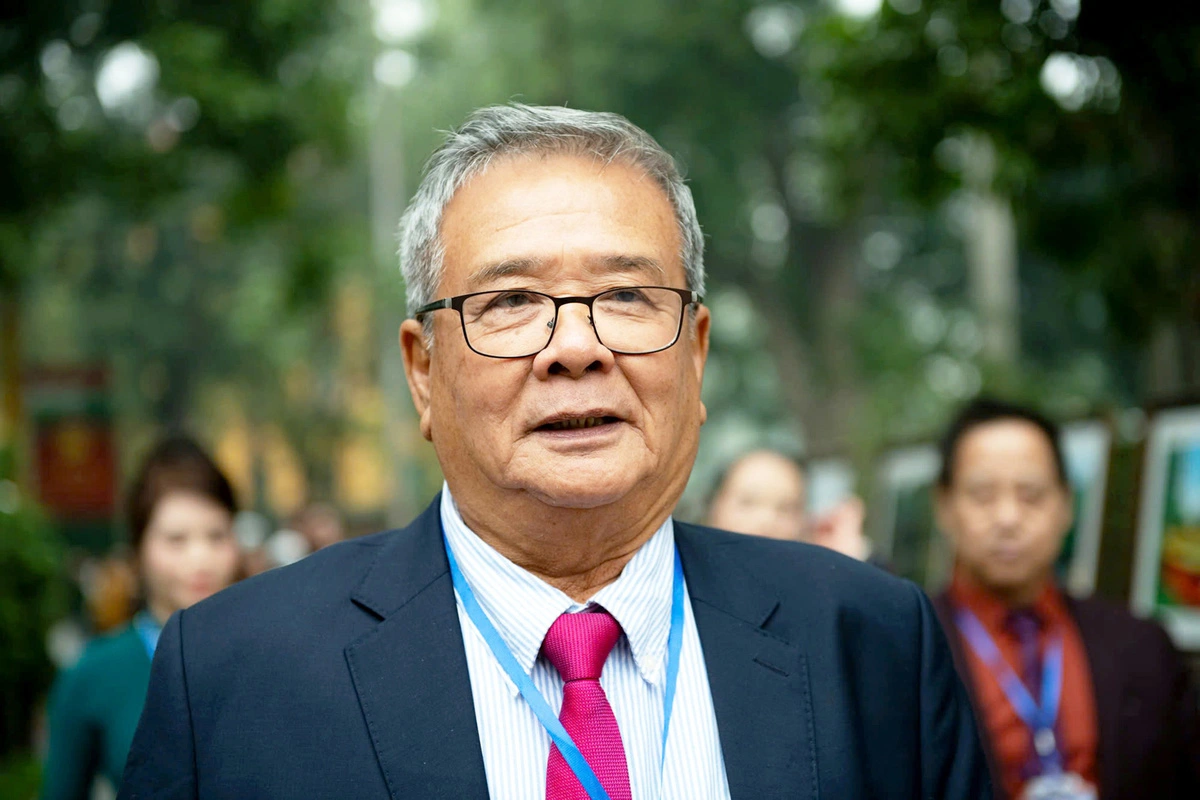







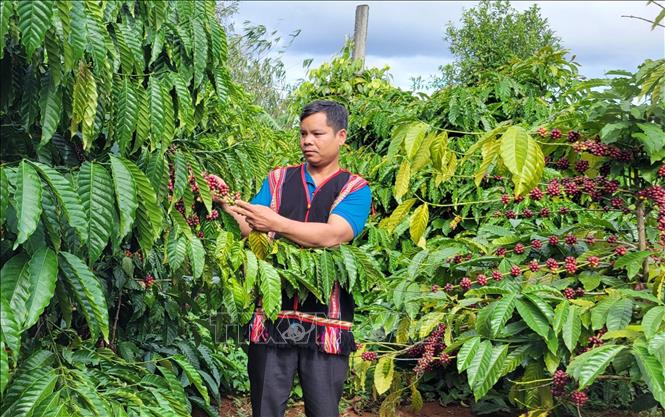





Comment (0)